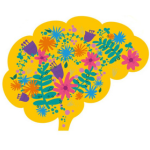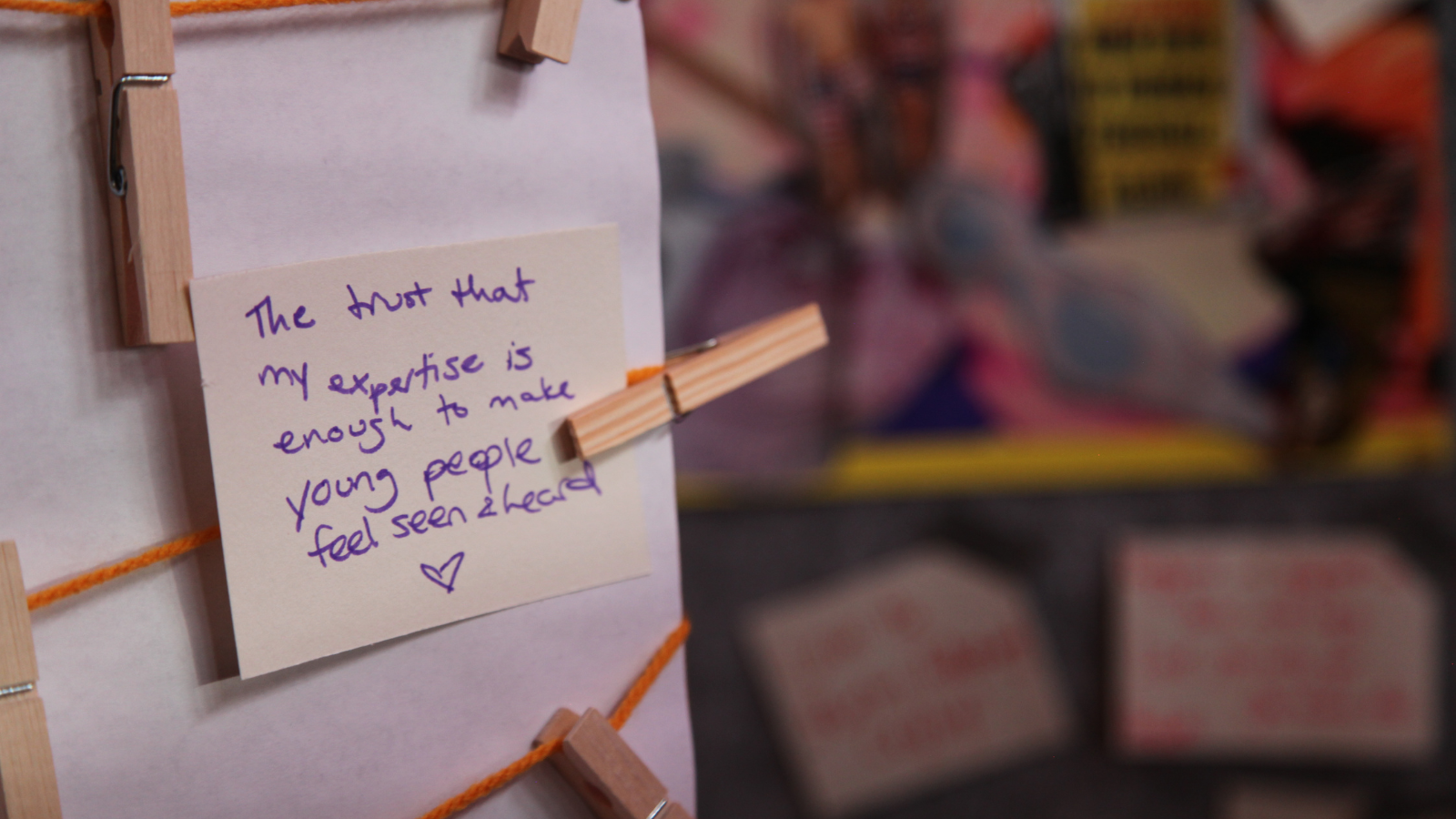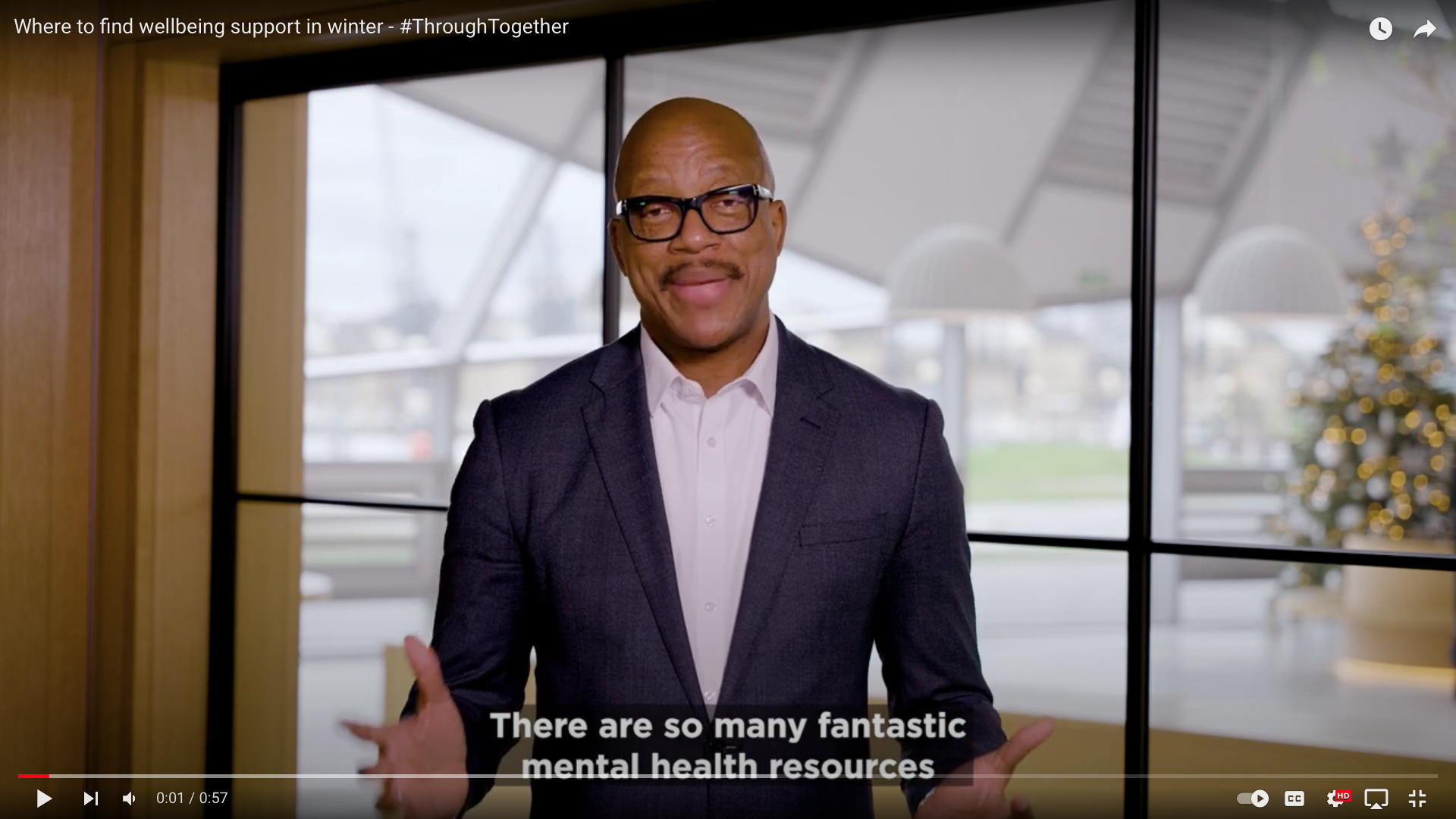
Responding to crisis situations
London is a diverse city and often global events have an impact on mental health and wellbeing closer to home. As part of Thrive LDN's agile and adaptive approach, we have led the public mental health response to wider crises that have an impact on Londoners’ wellbeing.
London is a diverse city and often global events have an impact on mental health and wellbeing closer to home. As part of Thrive LDN's agile and adaptive approach, we have led the public mental health response to wider crises that have an impact on Londoners’ wellbeing.

London is a major global city, with a rich and diverse population of nine million people from hundreds of different backgrounds and nationalities, which is constantly growing and changing.
Whilst London has significant potential to be a city full of social, economic, and cultural opportunities for all, it also carries significant risks. The term ‘polycrisis’ (when present and future risks interact with each other) is increasingly relevant for London’s health, social care and political system and to Londoners mental health and wellbeing.
Today, the world’s simultaneous and overlapping crises include a mounting climate crisis, multiple wars, an inflation shock, a health crisis, banking instabilities and much more. Thrive LDN recognises such crises destabilise economic, geopolitical and societal structures as well as have a significant direct impact upon the mental health and wellbeing of individuals and communities across London witnessing distressing events. The erosion of social cohesion and the growth of societal polarization is present both globally and across London.
As the regional lead for public mental health across London’s health and social care partnership, Thrive LDN supports crisis response and recovery capabilities to support London communities impacted by sudden events. The following support and wellbeing resources are currently available for refugees, asylum seekers and displaced people, as well as wider crisis situations.
Deepening our understanding of the mental health impact of geo-political and international humanitarian crises and responding to needs of diaspora and affected communities in London is an important part of the work we do. We also acknowledge that the term ‘crisis’ is used here very broadly and may not be reflective of the views of those affected communities and individuals on a more granular basis.
To understand more about this please contact the team.
Supporting those impacted by the war in Israel, Palestine and surrounding region
Since the beginning of 2024, Thrive LDN has been working with communities in London impacted by the war and violence in Israel, Palestine and the surrounding region to understand where mental health and wellbeing support would be most effective.
Supporting Londoners during the cost-of-living crisis
Increased cost-of-living pressures have been significant for many across the city and have had a detrimental impact on Londoners’ mental health and wellbeing.
Supporting the mental health needs of Hongkongers
Thrive LDN has been funded by the Greater London Authority (GLA) to undertake a programme of work to support the mental health and wellbeing of Hong Kong arrivals in London.
This is on ongoing partnership. Read more about this work on the Thrive LDN website and you can also learn more about the London Hong Kong Welcome Programme on the GLA’s website.
In 2025, Thrive LDN published a new report, ‘Supporting the mental health and wellbeing of Hongkongers in London’ which detailed the pressures faced by the community and offers a series of recommendations to improve support.
Supporting displaced people with their mental health
Thrive LDN and the Refugee Council have developed a short video for volunteers and professionals on engaging with refugees and asylum seekers, particularly in relation to supporting mental health and wellbeing.
We have also worked together with partners to produce a ‘Help with your concerns or worries’ wellbeing guide for displaced people, which outlines tools and ideas encouraging good mental health and wellbeing.
Supporting London partners’ Ukraine response
The Ukraine response was based on supporting the mental health needs of displaced Ukrainians as well as those diasporas living in London.
Supporting the mental health and wellbeing of Afghan Refugees
Thrive LDN joined up with various community and health partners who work closely with the Afghan community to rapidly bring together a set of resources to support the mental health and wellbeing of the Afghan community and those professionals supporting them.
Further resources
Explore further wellbeing resources for refugees, asylum seekers, and displaced people, as well as wider crisis situations outlined in our Help Yourself and Others section of the Thrive LDN website.


